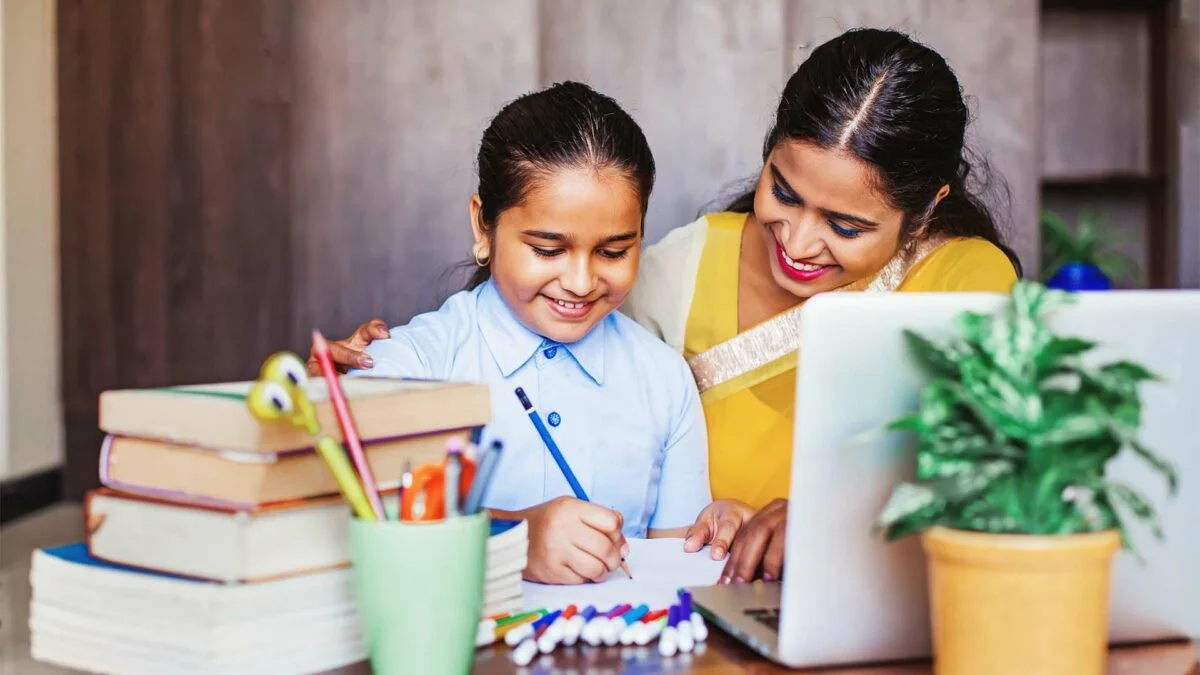
Children have an intrinsic desire to learn about the world around them. They are curious by nature and have a great ability to grasp and understand new concepts if taught with care. All that is needed is the right approach and patience in teaching methodology.
The modern world has evolved beyond the traditional learning model and children today are more curious than ever. A curriculum that imparts soft skills like logical reasoning, critical thinking and cognitive ability has become the need of the hour.
These abilities are often required to make informed decisions at every stage and are the basis of mathematics and computer science. Even competitive exams mainly focus on testing the child’s ability to think logically and examine various situations critically. The ability to assess real-world problems and provide a well-defined solution is becoming a major part of modern education. Your child’s ability to handle these problems often defines their success rate in the olympiads.
The ability to think critically is developed over time by reasoning, forming opinions, and making judgements that are well-reasoned and open-minded in accordance with the situations around us.
Cognitive ability on the other hand is not just about grasping the information. It involves gathering information and acting according towards achieving the best possible outcome. Students can put this into practice by taking Olympiad exams and age-appropriate mental aptitude assessments. As kids pick up new knowledge and experiences, their skills expand. As adults, we might often get to deal with various situations that require logic and comprehension capabilities. For children, an olympiad exam presents the best chance to work on such situations.
Importance of Logical Reasoning, Cognitive Ability, and Critical Thinking
Provides fresh view
The process of educating a young one involves a lot of demonstration and requires a practical approach. As their education progresses, extensive focus must be placed on developing reasoning and analysis. This can be achieved by exposing them to solving analytical problems through games such as Chess.
Chess requires understanding the opponent’s moves and their implication on our game. The key here is to act according to situations. Here, the use of logical reasoning techniques allows for creative thought. Children acquire fresh viewpoints to tackle problems on a consistent basis.
Innovation and Creativity
Children come up with unique solutions to the difficulties they encounter by thinking outside the box. This holds true whether the issue is a simple maths problem from school or a more significant professional conundrum in the future. Critical thinking provides us with a sense of control over our life events and helps us reinvent our ideas more effectively.
Improves Critical Thinking
Children learn to think for themselves. They begin weighing potential outcomes from all angles, analysing many possibilities, and ultimately choosing the best course of action. Multiple-choice problems or questions with multiple paths to the intended solution are particularly helpful.
Encourages practicality in children
Not all solutions can be found in theory. Critical thinking involves problem assessment, reasoning and acting as per situations. Whether a child needs to make an emotional or logical choice, this choice must go through the filter of critical thinking. This approach helps your child in being practical and think rationally.


